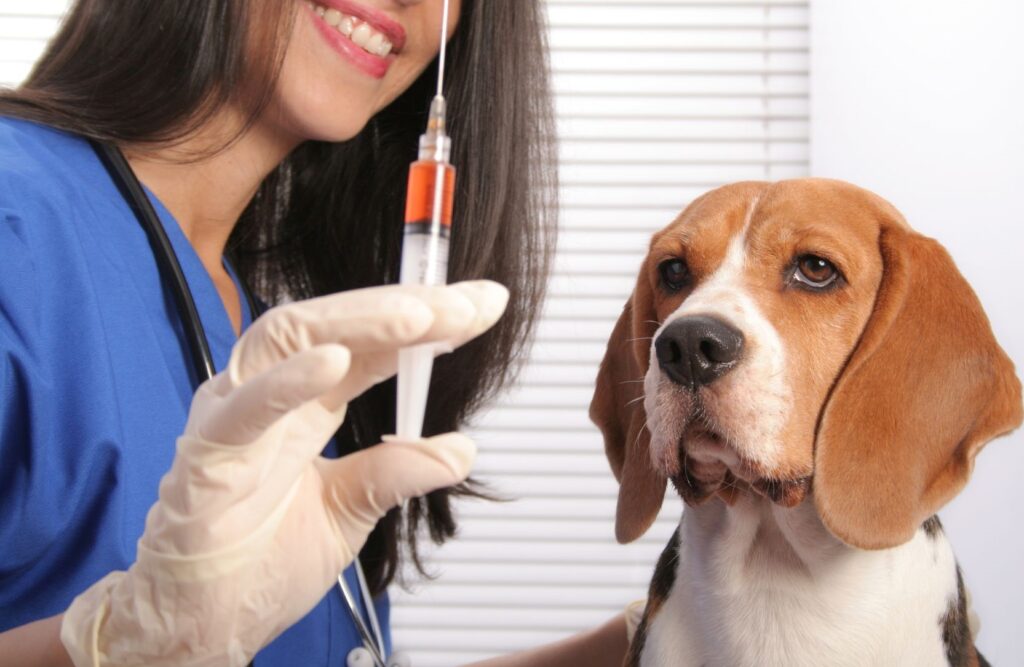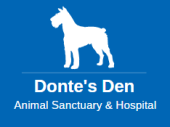As a responsible and caring dog owner, one of the most important aspects of ensuring your furry friend’s health and well-being is staying up to date with their vaccinations. Vaccines play a crucial role in preventing a range of potentially life-threatening diseases that can affect dogs. In this blog post, we’ll delve into the significance of dog vaccinations, the core vaccines every dog should receive, and the importance of working closely with your veterinarian to create a tailored vaccination schedule.
Understanding Dog Vaccinations
Vaccinations work by stimulating your dog’s immune system to create defenses against specific diseases. When exposed to disease-causing agents (usually in a weakened or inactivated form), the immune system learns to recognize and combat it. This way, if your dog is later exposed to the actual disease, their immune system can mount a swift and effective defense, preventing the disease from taking hold.
Core Dog Vaccines
- Rabies Vaccine: Rabies is a deadly viral disease that affects the central nervous system. It can be transmitted to humans through bites or scratches from infected animals. Due to its potential threat to both animals and humans, the rabies vaccine is considered a core vaccine and is typically required by law in many regions.
- Distemper Vaccine: Canine distemper is a highly contagious and often fatal disease that affects a dog’s respiratory, gastrointestinal, and nervous systems. Puppies and unvaccinated dogs are most susceptible. The distemper vaccine is a vital component of a dog’s core vaccinations.
- Parvovirus Vaccine: Parvovirus is another highly contagious disease that primarily affects young puppies and dogs. It causes severe gastrointestinal symptoms and can be fatal. Vaccination against parvovirus is essential to protect your dog’s health.
- Adenovirus (Hepatitis) Vaccine: Adenovirus can cause serious liver and respiratory issues in dogs. Vaccination against adenovirus helps prevent these health problems and is often combined with the distemper vaccine in a single shot known as the DHPP vaccine.
- Parainfluenza and Bordetella (Kennel Cough) Vaccine: If your dog is frequently exposed to other dogs, such as in dog parks or boarding facilities, vaccination against Parainfluenza and Bordetella is highly recommended. These vaccines protect against respiratory infections that can spread quickly among dogs.
Tailoring Vaccination Schedules
It’s important to recognize that every dog is unique, and their vaccination needs can vary based on factors such as age, breed, lifestyle, and geographic location. Your veterinarian will help you determine the most appropriate vaccination schedule for your dog. In some cases, certain vaccines might be deemed non-core and optional based on your dog’s specific circumstances.
Vaccinations are a cornerstone of responsible dog ownership. By staying informed about the core vaccines your dog requires and working closely with your veterinarian, you’re taking a crucial step toward safeguarding your furry friend’s health and longevity. Remember to keep records of your dog’s vaccinations and follow up with booster shots as recommended. A proactive approach to vaccinations will contribute to a healthier, happier, and more fulfilling life for your beloved canine companion.
To learn more about the medical services offered at Donte’s Den, please visit: https://www.dontesden.org/dogevity-animal-hospital/


